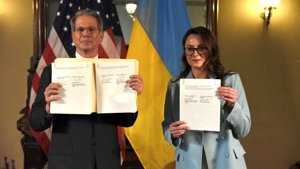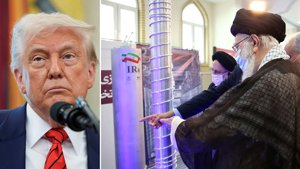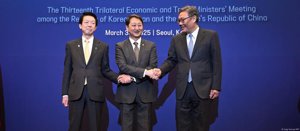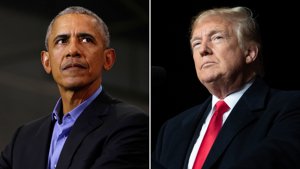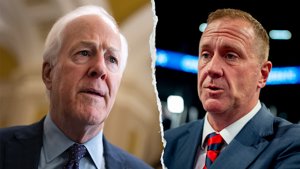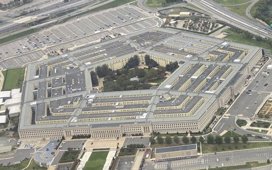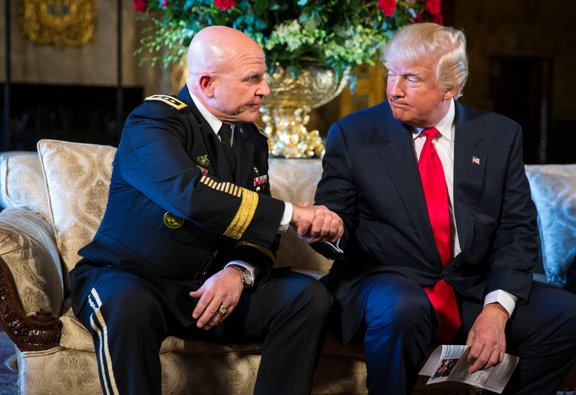
McMaster: Putin Can’t Play Trump on Ukraine Strategy
Former Trump national security advisor H.R. McMaster argues that Vladimir Putin’s latest escalation in Ukraine will not manipulate President Trump, as Russian aggression and paused U.S. aid drive renewed debate over Western support and the path to peace.
Putin Escalates as U.S. Pauses Military Aid
Russian President Vladimir Putin has intensified attacks on Ukraine, launching the largest aerial strike since the conflict began, even as he previously signaled to President Donald Trump that peace could be possible. The renewed Russian assault coincides with the Pentagon’s pause in weapons shipments to Ukraine, including Patriot missile interceptors and artillery shells, which officials say is due to low U.S. stockpiles and the need to maintain national defense reserves.
While Putin projects power, retired General H.R. McMaster, who served as Trump’s national security advisor, believes the Russian leader’s gambit is unlikely to succeed. “I don’t think he can play Donald Trump,” McMaster told The Brian Kilmeade Show, pointing to Trump’s history of acting decisively when faced with similar provocations. “This is Putin’s ruse. He’s trying to look strong,” McMaster continued. “He’s throwing it all in right now because he thinks we don’t have the will to support Ukraine.”
Weaknesses Behind Russia’s Show of Force
McMaster contends that Putin’s aggressive posture hides deeper vulnerabilities. “Putin is really in a hurt, in terms of his economic situation,” McMaster said, noting that plummeting oil prices and soaring military costs are straining Russia’s finances. “He’s not pulling as much out of the ATM as he’s been able to pull.”
According to McMaster, these realities may influence President Trump’s approach, especially if peace negotiations continue to stall. “President Trump is going to come to the conclusion it’s time to put more pressure on Putin, and that includes sustaining support for the Ukrainians,” McMaster predicted.
Last month, Trump suggested the U.S. might briefly step back from direct ceasefire negotiations, comparing the warring countries to two children fighting. “Sometimes you’re better off letting them fight for a while and then pulling them apart,” he remarked in early June, emphasizing a hands-off approach until both sides are ready for real talks.
However, this strategy has its critics. On Wednesday, NATO Secretary General Mark Rutte highlighted the importance of continued U.S. support for Ukraine, warning that American assistance is vital for Kyiv’s resistance and for safeguarding both European and U.S. interests. “A secure Europe also means a secure U.S.,” Rutte said, pointing out that a more powerful Russia closer to Europe poses greater risks to American security.
As Russia intensifies its campaign and U.S. aid remains under review, the debate grows over the best way forward. Analysts, military officials, and allies continue to weigh the consequences of further escalation, the impact of U.S. policies, and the enduring importance of unity in support of Ukraine.

